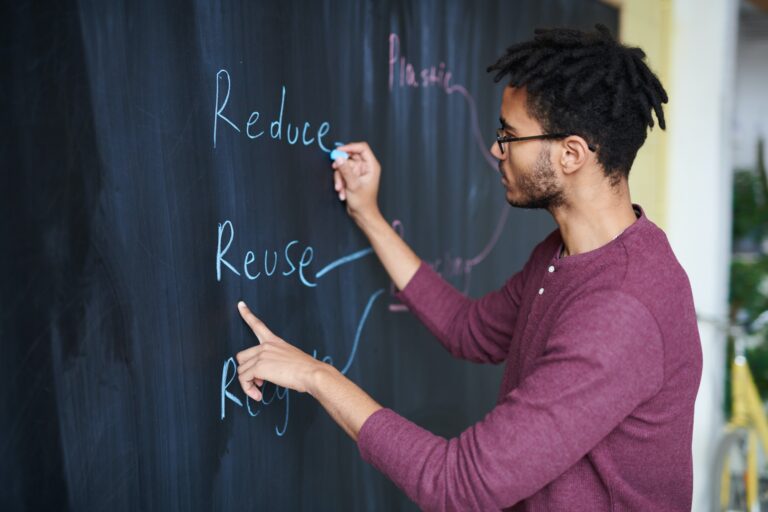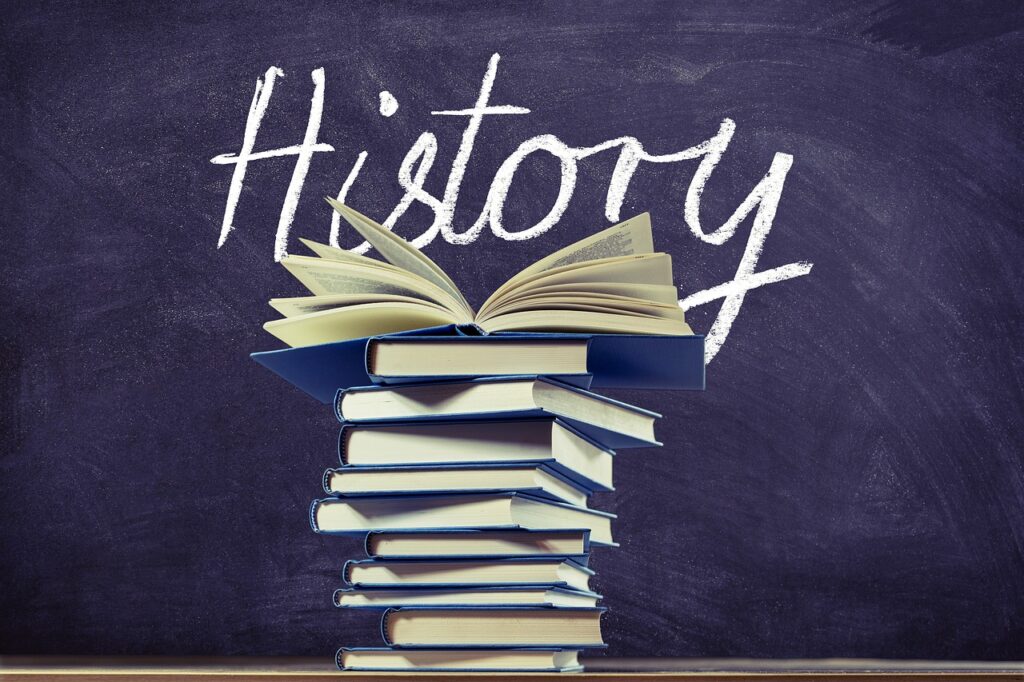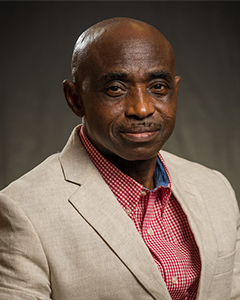africa Calling
Donate a Phone Make a Difference.
Africa Calling is a non-profit group of students, businesses, and volunteers dedicated to the collection and redistribution of used mobile phones to those who need them most. Headquartered in Victoria, British Columbia, we hope to provide North America’s unneeded mobile phones to disadvantaged people across the globe by setting up an international program to redistribute, rather than discard, this life-saving technology.
“Most of my clients cannot afford food in their stomachs, or a roof over their heads. Having a cell phone helps them find work, get a place to live, and reconnect with friends and family. In short, it helps them become a part of society again.
“Jordan Campbell, Outreach Worker Our Place Society, Victoria, B.C.
Together we can, will, and are making a difference.
According to the National Geographic Society, 125 million mobile phones are making their way into landfills annually worldwide. The continual cycle of planned obsolescence dramatically impacts the world’s resources. Not only do discarded mobile phones take up space in landfills, but the mining of precious metals for their manufacture has a profound human and environmental cost, particularly in Africa.
Recognizing this problem, a solution was devised under the banner of “Africa Calling.” Africa Calling is a non-profit group of students, businesses, and volunteers dedicated to the collection and redistribution of used mobile phones to those who need them most. Headquartered in Victoria, British Columbia, we hope to provide North America’s unneeded mobile phones to disadvantaged people across the globe by setting up an international program to redistribute, rather than discard, this life-saving technology.
Why are we doing this?
Our original goal was to complete a service learning project for a second year college level sociology course studying Africa by providing poor rural villages in Ghana, Africa with cell phones that would primarily act as medical lifelines, aid development, teach literacy, and connect families.
The class ended, but we didn’t want Africa Calling to end, and our future goals are evolving as fast as we are. Through reusing this popular technology, we are connecting people, teaching literacy, saving lives, promoting education, helping countries in development, teaching students and the general public, and reducing the overall human footprint. We are asking other college and university students to join us from all over North America in this open invitation to make an impact on our world without the use of money by introducing the African philosophy of Ubuntu to North American culture.
Our new goals and aspirations are rapidly developing out of the new uses these unwanted working cell phones are providing to both people in Africa as well as here in North America. We are planning to become a registered charity foundation that provides developing countries and disadvantaged people within North America with unwanted working cell phones, all powered by the people’s will to make this a reality – without using money.*

Our Mission
Africa Calling’s mission is to provide global connections to disadvantaged populations, teach and lessen the environmental impact cell phone production is costing to people and our communities, and promote service learning. Our donated mobile phones break down barriers by facilitating communication on macro and micro levels bridging the digital divide.

Our Vision
Our goal is to develop an international reuse and redistribution program not only in Africa, but throughout the “global south,” and here at home. We recognize the need of not only those abroad, but those here in North America. We are committed to forming a program that will provide people in Canada and the United States with a vector to donate their old mobile phones so we can redistribute them to people that need them all around the world. Our program enables us to give back, help people worldwide, and care for our planet.

History
Africa Calling began as a six member assignment for a sociology class (service learning project) at Camosun College, Victoria, British Columbia. Sociology 211 / Intro to Africa (Professor Dr. Francis Adu-Febiri)
Discovers a new need for phones, starts supplying local shelters, and various social service agencies with phones for their clients.
The class ends, members meet and agree to continue the project outside of the classroom with the vision to create a unique reuse system that focuses on bridging the digital divide in developing nations; starting with Africa.
The first shipment of phones is distributed in rural Ghana. 70 phones are distributed; specifically targeting illiterate women, hypothesising that texting will facilitate reading.
The concept of creating a service learning class was first presented to the Dean of Arts & Sciences Dominic Bergeron by Africa Calling’s founder and Camosun College student Kevin Davis (the course is now officially offered by Camosun College, titled SOSC 203 – Service Learning and Global Issues) voluptatibus commodi numquam, error, est. Ea, consequatur.
Africa Calling’s official address is approved; sustainability for the future of the program at Camosun College is recognized by the college in association with the African Awareness Committee (Professor’s Dr. Francis Yee, and Dr. Francis Adu-Febiri) voluptatibus commodi numquam, error, est. Ea, consequatur.
Africa Calling receives a proposal for 1000 phones through the Solon Foundation (phones are to be shipped in three stages of 100, 500, and 400)
The inaugural service learning course begins with great success. The twenty-five seat capacity was quickly filled creating a waitlist; happily, every student that signed up on the waitlist was admitted.
One Small Action Can Make All The Difference
How Phones help in canada
Cell phones that do not have removable SIM cards are donated to people in need, right here in Canada, through various social service organizations.
“Most of my clients cannot afford food in their stomachs, or a roof over their heads. Having a cell phone helps them find work, get a place to live, and reconnect with friends and family. In short, it helps them become a part of society again. “
Jordan Campbell, Outreach Worker
Our Place Society, Victoria, B.C.
One Small Action Can Make All The Difference
How Phones Help in Africa
The people of Africa have many uses for phones which help everyday lives and provide safety to those who need it most.
Childline 116
hotline for abused children in 15 communities centers, 100 counsellors
M-Pesa
(Mobile Money) transferring money using text messages instead of cash
M-Farm
(Mobile Farm) access to wide variety of information to help farmers, weather, and crop prices, techniques, fertilizers, equipment
HIV/AIDS clinics
reporting, transfer of information, medication reminder programs
Auntie Stella Program
a program that teaches sexual health to teenagers
Mamma’s Calling
a program that gives teenage girls, and their mothers, each a phone for safety when travelling back & forth to school
Connecting people
Connecting families that are separated by long distances
Connecting hundreds of remote villages
Connecting NGOs with their field counsellors – reporting on new developments
Ward Child Protection Committees
CHILDLINE, Department of Social Service, Police – crimes against children
District Child Protection Committee
25 districts in rural areas – promoting child rights and welfare
Schools
5 phones per school for child protection services (over 300 schools, 150,000 children)
access to information and resources on child protection
educational apps played and viewed, sing-a-long songs, TV and radio, camera
availability of books from other library’s without having to travel
Our Impact
Testimonials

